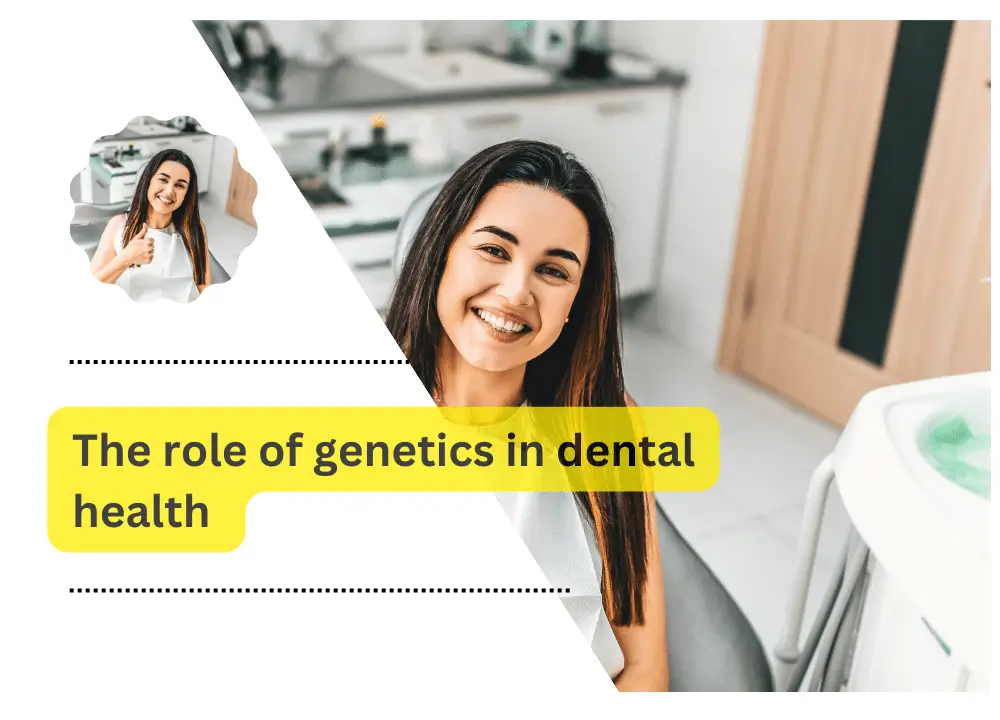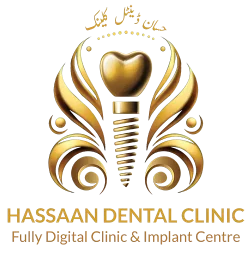Genetics plays a vital role in oral health. Imagine, two people with the same oral hygiene routine experience different oral outcomes. Why does this happen? The answer to this question lies in genetics. Our genomes play the most important role in our oral health and susceptibility to oral diseases. Genetics deals with the passing of characteristics from parents to offspring. It is passed from generation to generation. Genetic factors also interact with oral health. The genes can affect enamel strength, production of saliva and many other factors. When genetics cause oral health problems there are many ways to treat it such as dental filling, scaling and root canal treatment
Common genetic health problems:
Many dental problems arise due to genetic factors. There are many oral health diseases such as:
Missing teeth:
This is one of the common genetic oral problems and is passed from generation to generation. During tooth formation, 120 genes are required for missing teeth. Apart from this lifestyle, drugs, infection and trauma can affect the initiation of cell lines and lead to missing teeth. When this happens most people go for teeth alignment through braces to reduce the gap between teeth and many people replace missing teeth.
Defective enamel formation:
Defective enamel formation may lead to hypoplasia or amelogenesis imperfecta. Hypoplasia is absent enamel or thin enamel while amelogenesis imperfecta is the disease in which the development of tooth enamel is affected. These problems lead to tooth decay. The teeth become soft and the layer goes down quickly. Teeth sensitivity increases. This is also a genetic problem.
Cleft lip and palate:
This is the condition in which the formation of the mouth and face in the early stages of fetal development is affected. An opening is left in the lip or palate. It makes eating, breathing and speaking harder for the person. An individual with this problem needs surgery. This is a very common genetic disorder seen in many people.
Jaw shape:
Jaw shapes are inherited traits. If your teeth are misaligned then your jaw shape is not correct. It results in uneven bite and also results the overcrowded teeth. Bacteria also develops in your overcrowded teeth. The growth of bacteria leads to cavities and tooth decay. If your parent’s jaw shape is aligned you will inherit an aligned jaw shape.
Oral cancer:
Genetics contributes to oral cancer but smoking and tobacco has also a great impact in this regard. Mutation in EGGR and RARB genes is the main cause of oral cancer. Many inherited gene defects increase the chance of oral cancer such as Fanconi syndrome.
Genetic impacts on tooth shape:
Genes play a vital role in the development of enamel, dentin and pulp. They have a great impact on the shape of teeth. Mutation in these genes can cause a lot of tooth problems. It can also affect the shape of teeth. The mutation also causes tooth a-genesis. A healthy lifestyle can also prevent many problems related to oral health.
Genetic factors affecting saliva composition:
Saliva plays a vital role in the neutralization of acidity. It helps to rid away from microbes. Genetics plays a vital role in the composition of saliva. If saliva is not produced or if it is produced in very little amount it will give a chance to microbes to develop gum diseases. Genetic mutation can alter some genes which can also create problems with the composition of saliva.
Genetics also benefits people in oral health. There are many ways in which genetics is beneficial in oral health.
Personalized treatment:
If the doctor knows the patient’s genetic predisposition they can treat the patient very well. If someone has a genetic problem and they know about their problem they can tell their doctor about it.
If someone is genetically exposed to weak enamel they can tell their doctor and he can treat it with more fluoride to treat the patient.
Precise medication:
If someone knows about their genetic disorder they can be treated very well. It can be easily identified what is the problem and how it can be well treated. When genetic factors are identified researchers can develop proper medication for it. Medication is very important in the treatment process.
Conclusion:
Not only genetics can influence oral health but environmental factors can also effect oral health. Your lifestyle also determines your oral health. Smoking and other tobacco-related things are very injurious to oral health. It causes gum diseases. Practicing good oral hygiene can help to reduce the genetic as well as environmental caused oral problems. People should avoid tobacco as it is the main cause of oral cancer. A dentist visit is also very important. People should visit their dentist regularly to keep their oral health proper.



